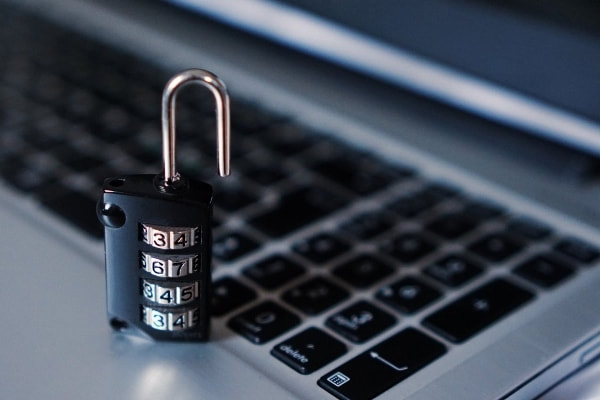These days, most of us rarely leave the home without at least a mobile phone. If we are out on business we might carry some kind of laptop or tablet computer with us, either to work on the run or have all our stuff available when meeting clients or business partners. I myself came to this way of life very late: until 3.5 years ago I didn’t even have a mobile phone, and while I owned a laptop I rarely took it out of the house. My reasoning was that I had a landline at home and people would leave a message if they really needed to get in touch. Starting my own business has changed this completely: of course I need to be reachable for existing and potential clients; service providers must be quick when a client calls. And a laptop is a useful thing to bring along to a client, although I try not to make a habit of carrying it around all the time. I still use a paper agenda and takes notes with pen and paper. Old-fashioned? Maybe. It gives me peace of mind, though, and it allows me to take my mind off things occasionally. Phones I’m happy to report that the large majority of people have some kind of phone security in place: pin codes, swipe codes, fingerprint readers, face recognition, etc. are ubiquitous. That is the good news. Some of those can only be considered a first-line defence, though. The more complex your pin code is the more likely you are to forget it. Face recognition is okay but you’ll have to take certain precautions to remain recognisable, and changing your haircut may throw off your recognition algorithms. The main issues are obvious: the face and fingerprint recognition systems are still prone to errors, and pin codes tend to not be changed on a regular basis. Laptops Compared to phones, laptops tend to have a lot more potentially critical information saved to their hard disks. This makes it even more important to apply proper access security, and most users understand that. Sadly, laptops – especially the ones that are being used outdoors only infrequently – are often lacking in proper security. It seems so much easier to argue that it will stay at home most of the time than to spend some time to develop a reasonable strategy that secures the content better. In the days of GDPR, this has become even more relevant. If you run a business you are held to a higher level of security than non-business owners. It’s best to limit holding information to a minimum as a rule, but keeping it safe is the main issue, really. One of the problems with laptops is that there are solutions to make us more lazy with regards to login information to all kinds of services: we either use the same password across the board or we like to ‘stay logged in’, which speeds things up but also makes it very easy for a thief to access all your stuff once the initial password has been breached. Laptops are also easy to get lost: the bag sits on the floor and suddenly is gone, you sit in an internet café, go to the loo and find it stolen on the way back, you leave it in a conference room for the break and when you return it’s gone. These things happen more often than expected, believe me. Best practice When it comes to passwords:
When it comes to access security:
When it comes to avoiding theft (and accidents!):
In general:
If you have enjoyed reading this, you may find these other articles interesting: Comments are closed.
|
Ask the ClutterMeisterIdeas to help clear away the mess in your homes and in your minds.
Feel free to share any of my posts, but please put in a backlink to the original blog post. Thank you. The author
Hi, my name is Tilo Flache. My mission: help clients declutter mind and space.
This blog contains pointers for your journey towards a happier living experience. Archives
November 2023
|



 RSS Feed
RSS Feed




